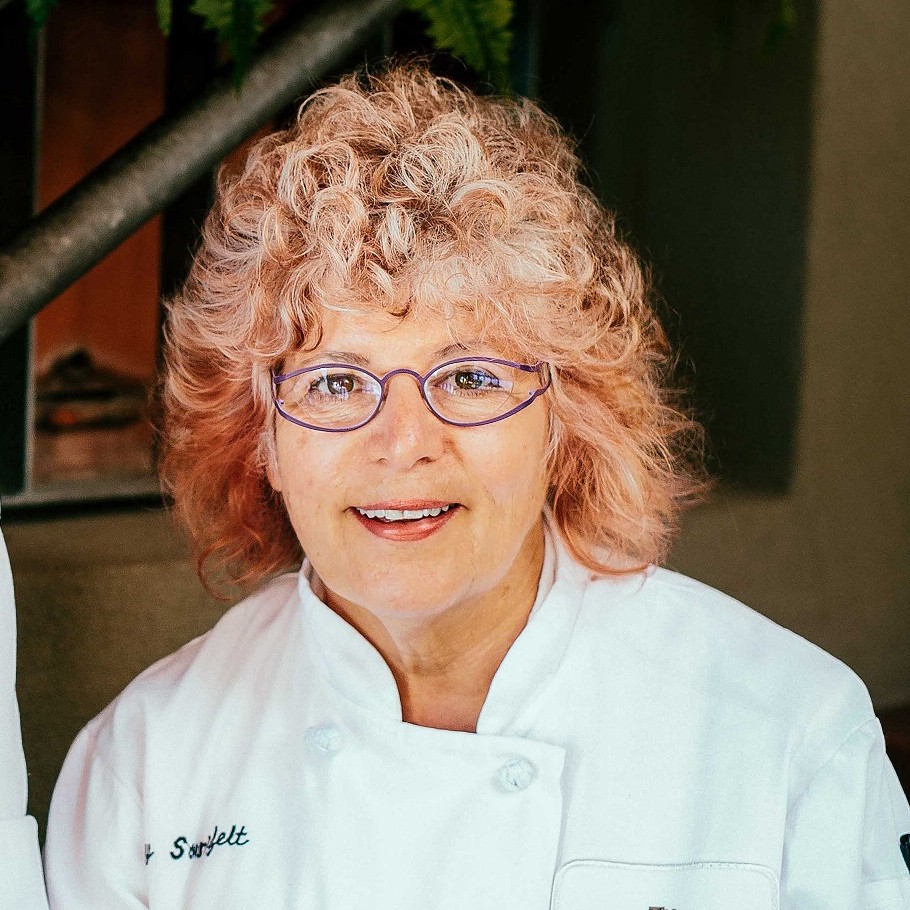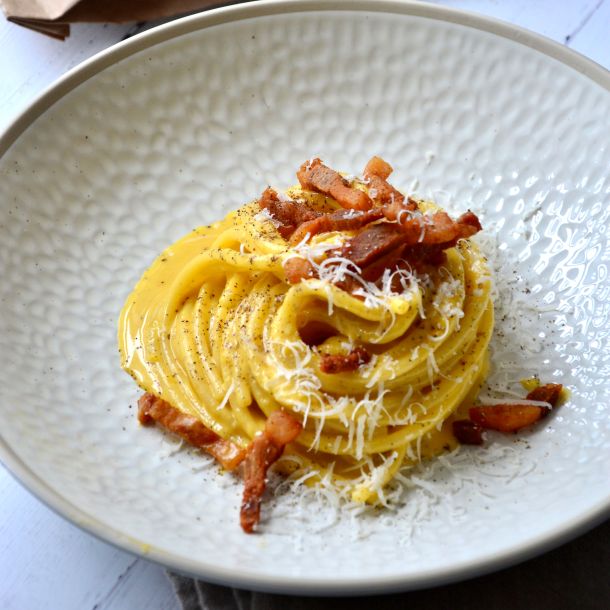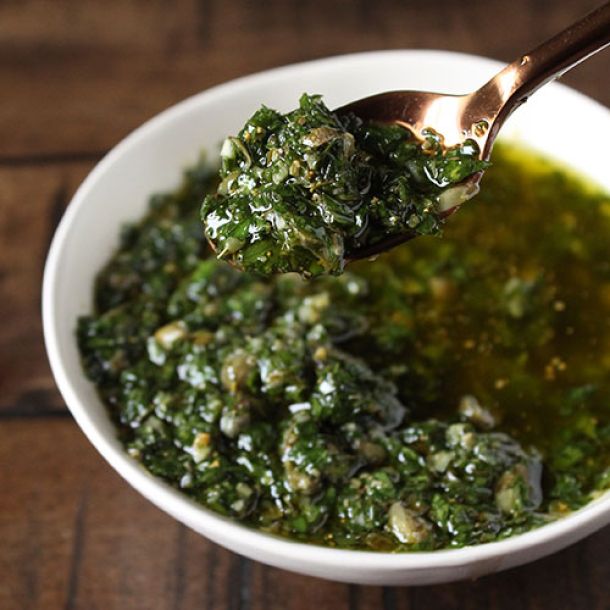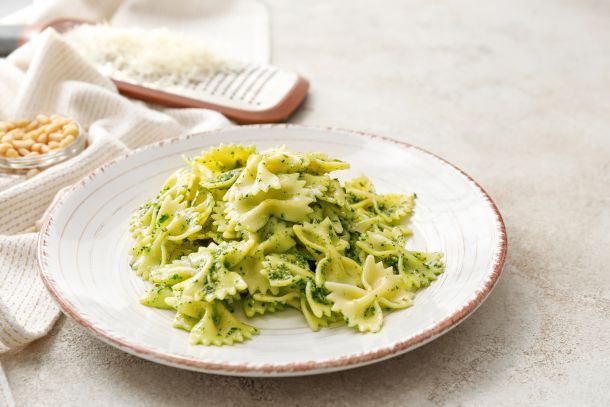Meet Market Hall Foods' Very Own Olive Oil Experts: Part One
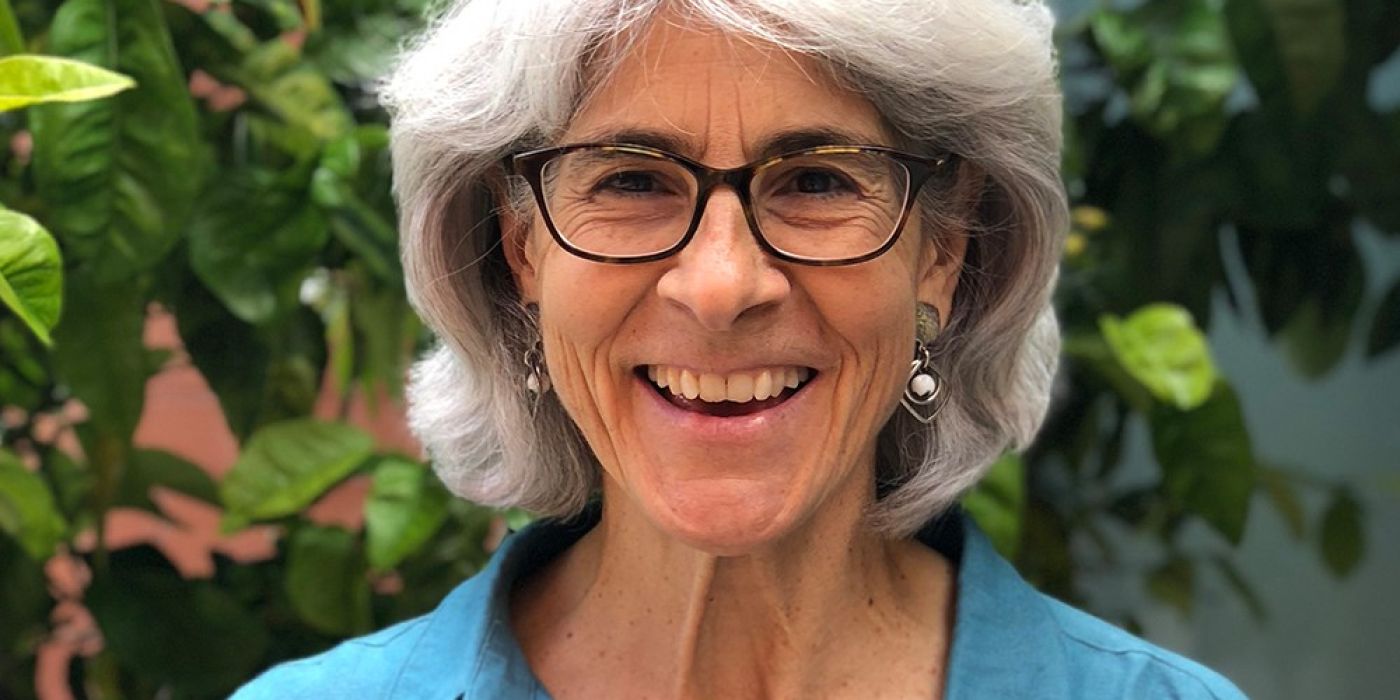
In honor of Olive Oil Month at Market Hall Foods, we sat down to chat with two key individuals in the California Olive Oil game, Linda Sikorski and Sandy Sonnenfelt. In Part One, we feature Senior Grocery Buyer, Linda. Join us as she gives some insight on the history of California olive oils at Market Hall Foods, how the company became affiliated with the COOC (California Olive Oil Council), and why she loves California olive oil so darn much.
Linda Sikorski started working at Market Hall Foods more than twenty-five years ago.
As the California olive oil industry has become more abundant over the past few decades, so has Linda's knowledge; she was a student in the very first sensory evaluation class for olive oil at UC Davis (which is offered to this day!) and has participated in countless tasting seminars. Her devotion to the California olive oil industry—now one of the fastest growing crop industries in CA—was imperative in cementing Market Hall Food's status as a company full of olive oil experts.
What was the extra virgin olive oil selection like when Market Hall Foods first opened a little over 30 years ago?
We had maybe one California olive oil, and a couple of Spanish and Italian oils on our shelves. The Spaniards were pretty much on the forefront of producing, studying, and doing research on olive oil. We started getting into Spanish oil pretty deep during the Barcelona Olympics in 1992. The grocery team actually made signs awarding some of the oils with gold, silver and bronze medals. Now our retail shops have multiple shelves devoted to olive oil from California.
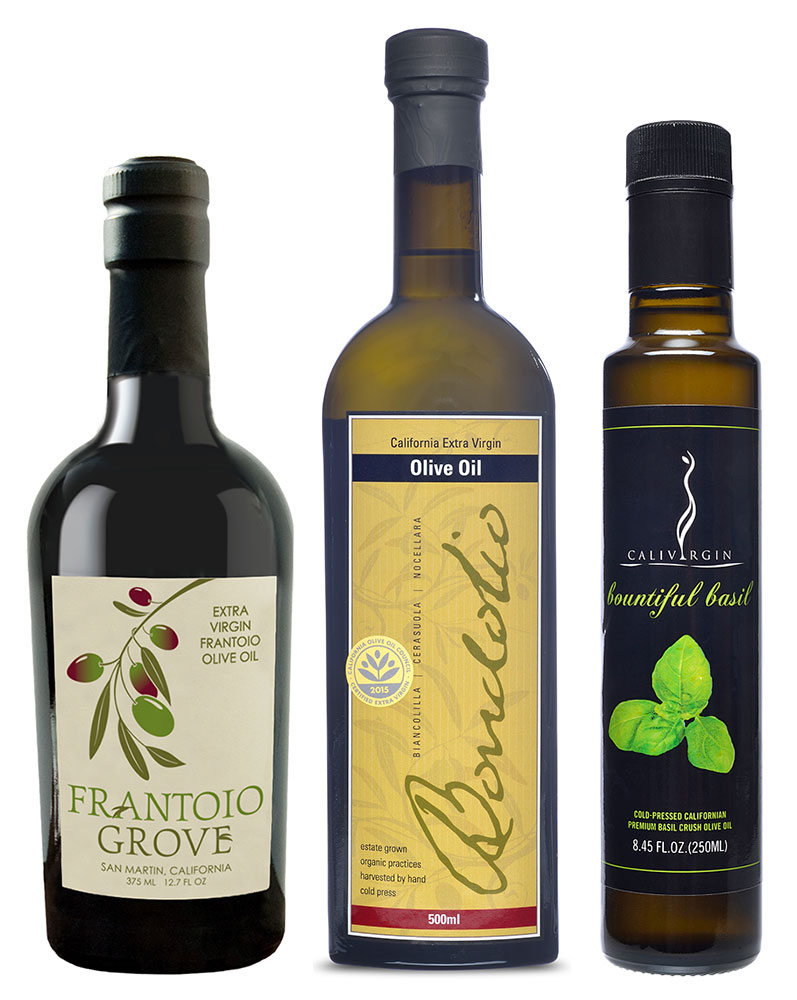 How did Market Hall Foods start to grow their California olive oil selection?
How did Market Hall Foods start to grow their California olive oil selection?
The very first people who planted trees from Europe and started milling olive oil in California came to us because they were talking to Maggie Klein, one of the owners of Oliveto—a pioneer restaurant of Italian cuisine in the Bay Area—also located in Rockridge Market Hall.
There was a renaissance of people bringing these olive varieties from Europe that they knew, or hoped, would do well in California because we have such a similar agricultural climate to the major olive growing regions in Spain, Italy and France. Luckily they were right, and now olives are one of the fastest growing agricultural crops in the state.
The California climate is similar to parts of Europe; does that mean farmers here use the same growing methods?
There's a growing system called “Super High Density,” which is a growing method that was developed and popularized by the Spanish. The trees are planted in hedge groves and pruned close to the ground, so then the olives can be picked easily with a machine akin to a grape harvester that a big vineyard would use. This method has become very popular in California . . . in fact, this is how a lot of the olives in the state are grown now.
On the flip side, there are also growers who are focusing on smaller crops that are more unusual and interesting. These olive oils really highlight the nuances in each olive varietal. Each type of olive oil—both the super high density and the smaller, more artisanal ones—has their strengths. We love them both and carry a combination of them on our shelves.
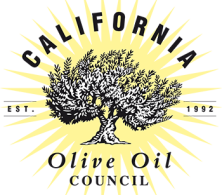
What was your role in bringing in more of these California oils?
Our team started going to the annual COOC conference, so we could try new oils, see what's out there and build relationships with producers. It's important to us that we put olive oils on our shelves that we trust—we know who the producer is, what their farming methods are, whether their oil has been COOC-certified and if it has won any medals. The COOC (Californa Olive Oil Council) taste panel awards California olive oils with the COOC Seal Certification once they have ensured the oils are free of defects.
What is so special about CA EVOO?
The super high density oils from California are really accessible. They're beautiful with a lot of fruit and a mild-to-medium intensity, making them great all-purpose olive oils—plus, they are a good value for everyday use in the kitchen. Another great thing about California olive oils is that because a lot of them are made in our own backyard, we get to visit our producers.
It is truly special for our staff to go to the farms and see the olive oil harvest come October and November. Because our staff gains this hands-on knowledge, we can then directly pass on this information to our customers and encourage them to be olive oil lovers as well. We have a lot of producers who will come and visit our retail shops, creating a connection and building relationships with our customers.
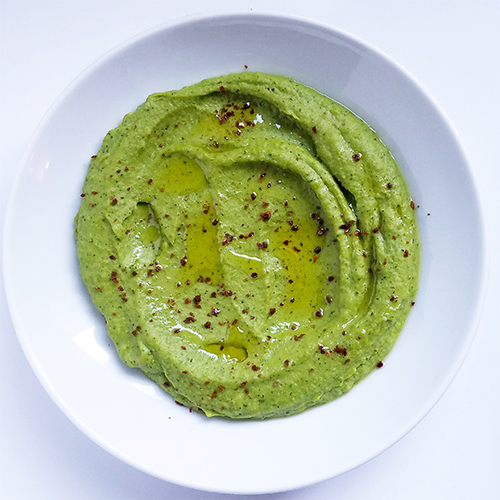
What's your favorite use for EVOO?
That's a hard one . . . I use it for everything! If I had to choose, my favorite way is drizzled over soup, like a simple minestrone or farro soup, something you might not normally think to put it on. It is amazing how a swirl of olive oil to finish can lift the flavor of the whole dish.
What would you say to customers who are intimidated by olive oil?
Olive oil is like wine or cheese—it is all about tasting and learning what you like. What is great about Market Hall Foods is that you can taste whatever olive oil you want before you buy it. Our staff loves olive oil just as much as our customers and we are always happy to taste a couple with you!
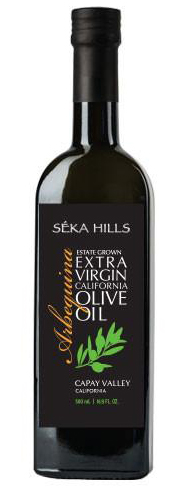 Do you have any tips for our customers on how they can tell their EVOO is the real deal?
Do you have any tips for our customers on how they can tell their EVOO is the real deal?
When you walk into Market Hall Foods, you can trust that the olive oils on our shelves are extra virgin*. The olive oils are on our shelves are made from the first pressing, are the most current harvest and we have relationships with all of our producers. And for California extra virgin olive oils, all of them are certified “Extra Virgin” by the California Olive Oil Council (COOC).
*More about how to read an olive oil label.
Do the California olive oils on the shelves at Market Hall Foods differ from year to year?
Yes, extra virgin olive oil is an agricultural product, so it differs from harvest to harvest. We have a team of really great tasters (some, like Sandy Sonnenfelt, are master olive oil tasters) who continually taste our oils not only from harvest to harvest, but also throughout the year, so we can make sure our customers are getting the best-quality olive oil possible. You always want to look for the current harvest, which are oils harvested and milled the previous fall.
Where do you see Market Hall's role in the CA EVOO industry in the future?
I think we'll continue to be the leaders. Extra virgin olive oil holds a special place in our hearts—and our plates—at Market Hall Foods. There are always new innovations, new ways of processing and milling, new information and new olive varieties to discover. Our hunger for really great extra virgin olive oil is only growing, and the same can be said for our customers. They are really excited about extra virgin olive oil and learning more about it. As an educator and EVOO lover, that is really rewarding to see.
We've also been recognized as leaders in our field. The COOC has a Retailer of the Year Award, and they've only given it out two or three times. And Sara [Wilson, owner] won the COOC Pioneer Award in 2014. The Specialty Food Association has given us Retailer of the Year Award twice. Where there are opportunities to win a prize in olive oil, we actually have.
Continue to Part Two: learn about pairing EVOO with food and how to become a COOC taste panel member with Sandy Sonnenfelt
